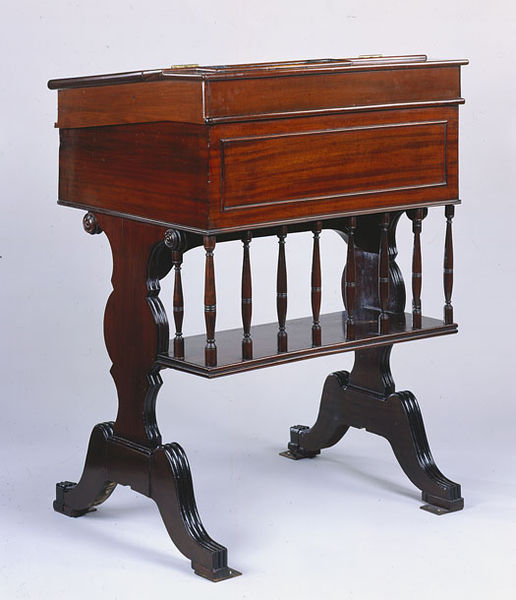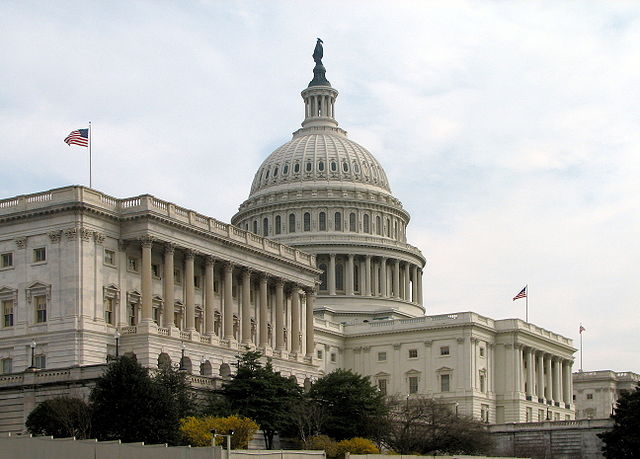Seventeenth Amendment to the United States Constitution
The Seventeenth Amendment to the United States Constitution established the direct election of United States senators in each state. The amendment supersedes Article I, Section 3, Clauses 1 and 2 of the Constitution, under which senators were elected by state legislatures. It also alters the procedure for filling vacancies in the Senate, allowing for state legislatures to permit their governors to make temporary appointments until a special election can be held.
The Seventeenth Amendment in the National Archives
James Wilson was the only member of the Constitutional Convention who supported electing the United States Senate by popular vote.
William Jennings Bryan campaigned for the popular election of U.S. senators.
The United States Senate is the upper chamber of the United States Congress. The United States Senate and the lower chamber of Congress, the United States House of Representatives, comprise the federal bicameral legislature of the United States. Together, the Senate and the House maintain authority under Article One of the U.S. Constitution to pass or defeat federal legislation. The Senate has exclusive power to confirm U.S. presidential appointments, approve or reject treaties, and try cases of impeachment brought by the House. The Senate and the House provide a check and balance on the powers of the executive and judicial branches of government.
United States Senate
A typical Senate desk on the floor of the United States Senate
The Senate side of the United States Capitol in Washington, D.C.
Committee Room 226 in the Dirksen Senate Office Building, used for hearings by the Senate Judiciary Committee







